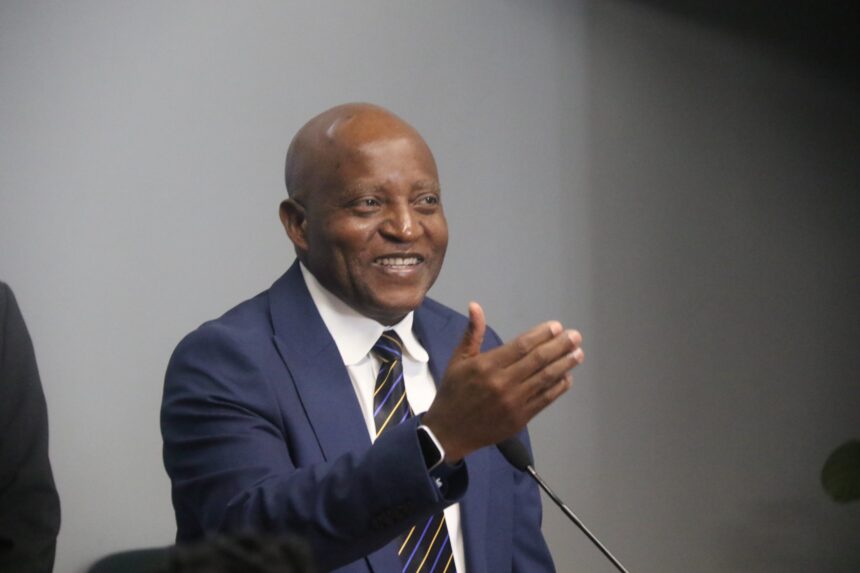Andreas Thomas
Prime Minister Elijah Ngurare said the Office of the Prime Minister must serve as an exemplary institution for all other government offices, ministries and agencies in the delivery of public services.
Ngurare told his staff on Monday that it is the prime minister’s responsibility to enhance efficiency in the public sector.
“If we get it wrong, others will lose confidence and trust in the system, and our public service will be ineffective and defunct,” he said.
According to Section 5 of the Public Service Act, the prime minister may inquire into the efficient functioning of offices, ministries and agencies, as well as the efficiency of staff members.
Addressing his staff for the first time since his appointment, Ngurare emphasised that Namibians rely on government services every day.
“These services should be delivered to them in the manner that will serve their needs best. If the service should reach them through digital platforms or through in-person engagements, then we must know exactly what they need and how we will address those needs,” he said.
Ngurare referred to the growing public demand for services as the population continues to rise, with the last national census placing Namibia’s population at three million people.
“It remains our responsibility to make sure that all needed services reach them. There is a need for automation of key services in order to enhance accessibility,” he added.
He also called for improved efficiency in managing emergency situations by the Office of the Prime Minister.
“At the same time, we ought to be accountable for all goods and supplies at all times, and there should be no trace of any dishonourable, corrupt or unethical behaviour in the procurement process or handling of supplies,” Ngurare said.
-Nampa


